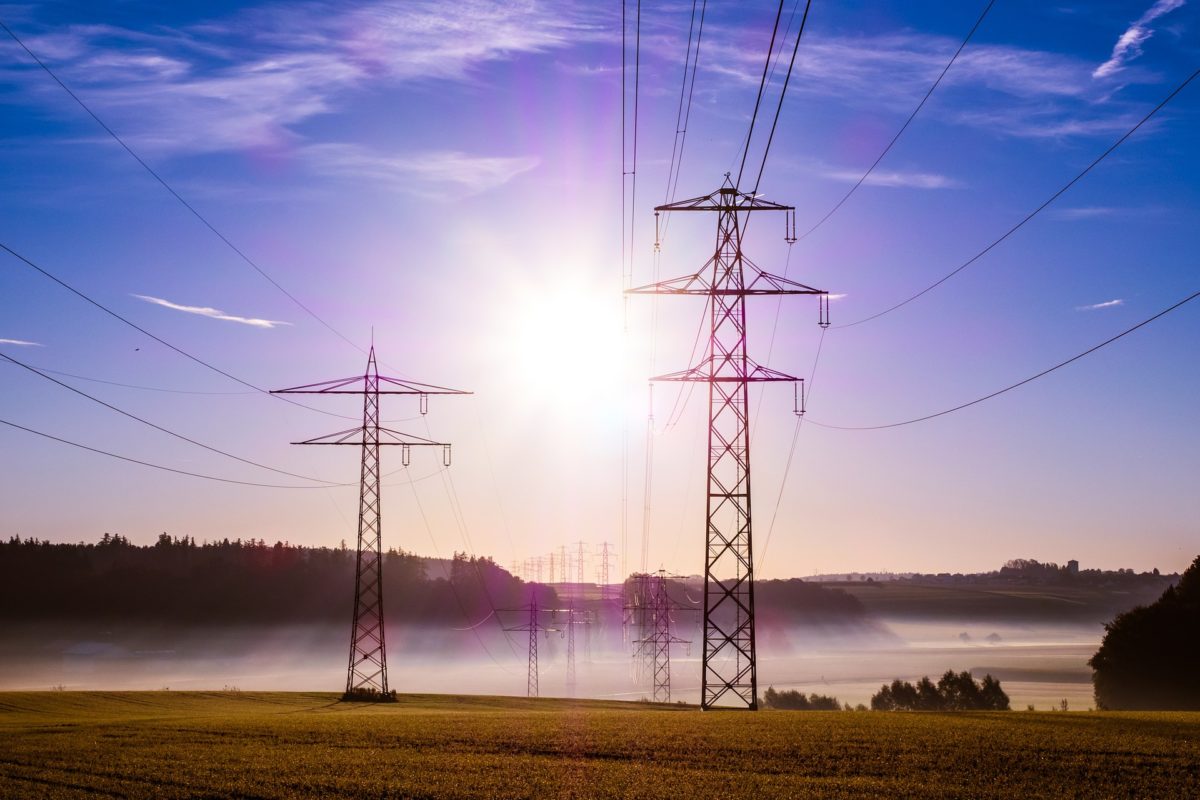California grid operator CAISO has said that “few experts are available to hire” who can conduct interconnection studies for utility-scale projects, in a filing with the Federal Energy Regulatory Commission last year.
Grid operator MISO similarly reported to FERC in late 2020 that it has “experienced delays in performance of interconnection studies by outside consultants.”
FERC cited both comments in a recent notice of a proposed rulemaking designed to improve generator interconnection procedures.
With hundreds of gigawatts of large-scale solar and storage projects awaiting interconnection studies by grid operators and utilities across the country, the availability of experts to conduct those studies is a key issue.
In this interview, Kalyan Chilukuri, vice president for energy resources integration and interconnection with Electric Power Engineers, LLC, shares his insights on the topic. EPE partners with power and energy clients worldwide to “address complex engineering and grid modeling challenges, bridge gaps, and design and develop the grid of the future,” according to the firm’s website.
pv magazine: How far does an electrical engineering (EE) bachelor’s degree with a power engineering focus get you, toward expertise in conducting interconnection studies?
Mr. Chilukuri: Typically, a master’s degree in electrical engineering with a focus on power systems is required to ensure sufficient fundamental knowledge to enter the power systems studies field. The graduate engineer needs a good understanding of control theory and power systems analytical methods, and a good foundation in power systems and the individual components that make up the system.
Interconnection studies are only one area that power systems engineers can go into—meaning the already reduced pool of talent (power-focused EEs) diminishes further as there are many non-interconnection related positions available to power system engineers/graduates.
The challenge now is not in recruiting sufficient graduates but in training them. While external training programs can address the gaps in knowledge of tools and/or specific power systems fundamentals, knowledge of the ISO/RTO system and processes/procedures requires time, experience, and close mentoring from senior engineering staff. (Editor’s note: ISOs and RTOs are regional grid operators.) Attracting and retaining senior engineers ensures no single engineer is overwhelmed with training duties.
Given that we have a small set of senior engineers with the requisite expertise in this area, closer partnerships between consultants and ISOs/RTOs may be required to help address this training gap.
pv magazine: How far does an EE bachelor’s degree with a software engineering focus get you, toward expertise in this area?
Mr. Chilukuri: Expertise in software engineering is helpful for developing automation scripts but we find it is more useful for graduates to focus on developing the fundamental knowledge of planning and operating power systems, and building skills in Python coding through online training.
pv magazine: What job experience would a person with the relevant education need, to develop expertise in conducting interconnection studies?
Mr. Chilukuri: Any job that allows the graduate to learn a mixture of power system planning concepts, exposure to classical planning tools and electromagnetic transient (EMT) analysis tools, knowledge of renewable energy technologies and their control systems, and ultimately knowledge of the various ISO/RTO systems, processes, and procedures.
pv magazine: Are there enough opportunities for individuals with the relevant education to develop further expertise in this area?
Mr. Chilukuri: We don’t have a finishing school per se (editor’s note: engineering finishing schools are common in India) to develop the deep expertise required, other than on-the-job training. As indicated earlier, this puts some strain on senior engineering staff that need to do their day job as well as provide training and mentoring.
Regional differences in terms of how the systems operate as well as different approaches to interconnection studies and methods makes it difficult to be an expert in many different areas at once. Expertise gained is specific, and it takes time to develop expertise to span a larger footprint.
pv magazine: Is there any way to facilitate interconnection study analyses?
Mr. Chilukuri: Perhaps a finishing school (six months long or so) may be able to take graduates with a master’s degree and help them develop sufficient expertise so that any training needed on the job is around nuanced knowledge of the specific system.
pv magazine: Are we graduating enough electrical engineers with a power engineering focus?
Mr. Chilukuri: We aren’t graduating enough power-focused EEs to compete within our own industry (transmission, distribution, generation, markets, etc.) and to adequately supply interconnection teams. Not everyone wants to specialize in work related to interconnection studies, and traditional employers such as ISOs/RTOs, utilities and specialist consultancies are now starting to compete with large tech firms that are building internal teams. The compensation differences between traditional employers and these tech firms makes it difficult to retain senior talent, placing more strain on an already strained staffing situation.
This content is protected by copyright and may not be reused. If you want to cooperate with us and would like to reuse some of our content, please contact: editors@pv-magazine.com.








Inverter connected renewable electricity grids needs more attention than now a days high tension (110 KV and above) feeder emanating from AC bus of a generating plant.